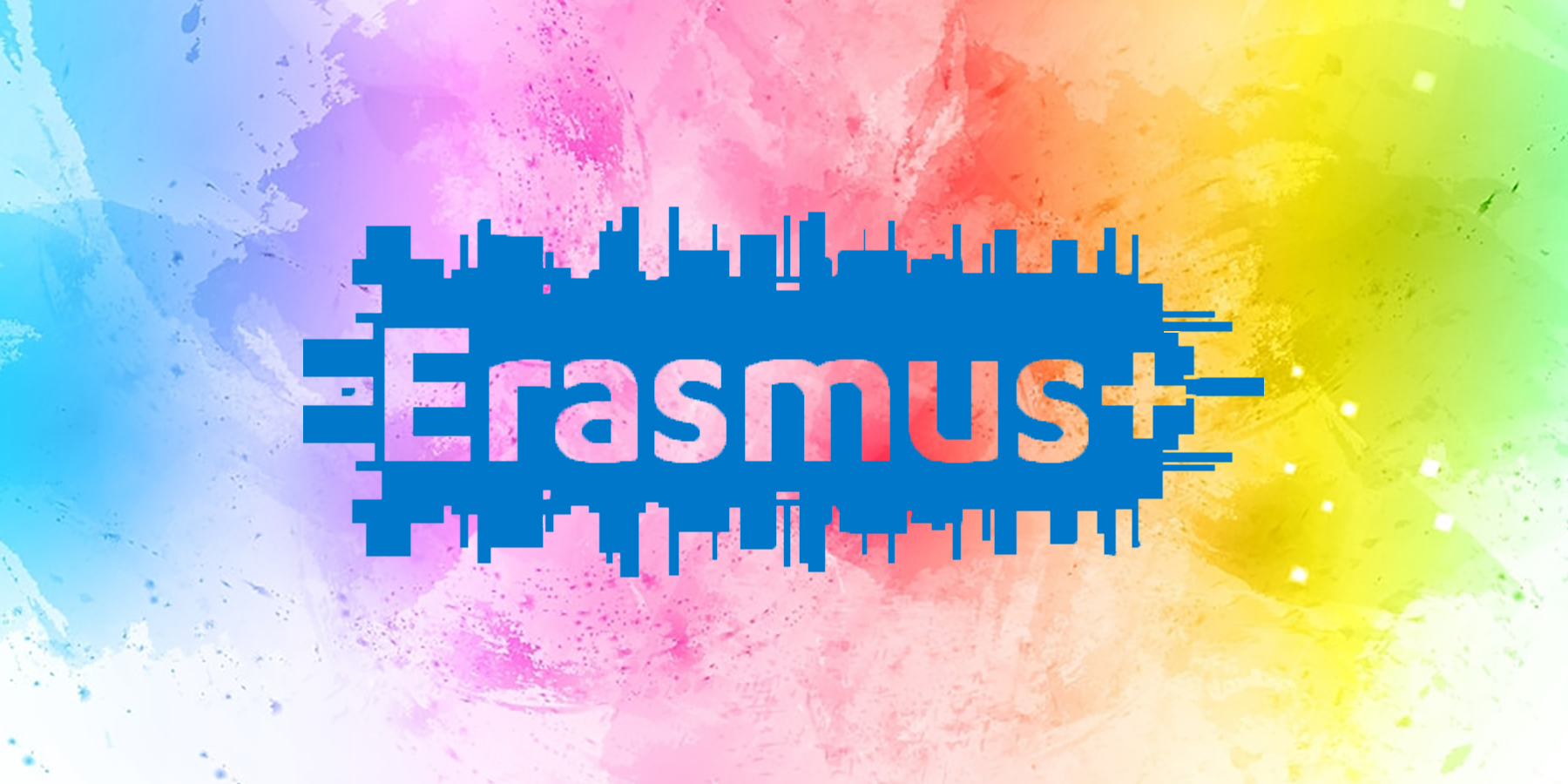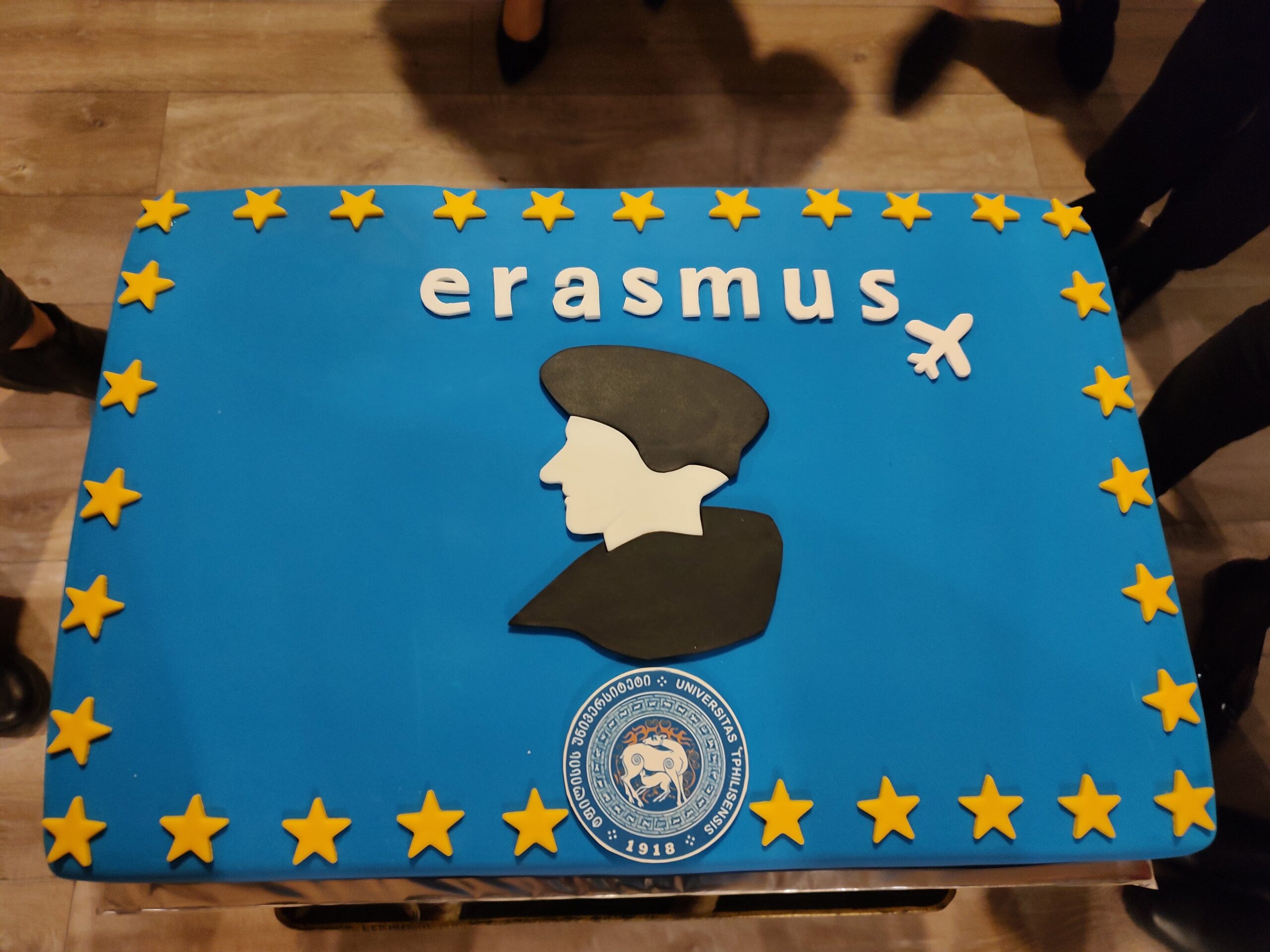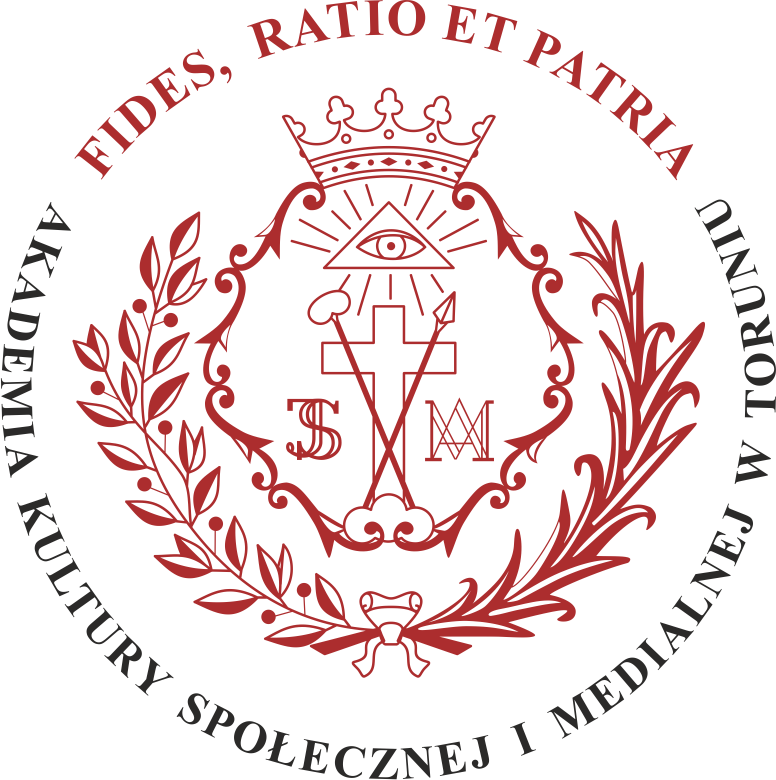The COVID19 pandemic has been an immense challenge for countries, education systems, universities and international mobility managers. No one could expect a high-level emergency to occur, and that this emergency would lock many people out of their countries for weeks or months. At the University of Cádiz, we quickly set up a support structure for incoming and outgoing students. We decided to create a WhatsApp channel to inform, support and sustain many people who confined them to their homes. The reality is that one WhatsApp channel was insufficient, and we had to create eight channels. The attention was paid through the WhatsApp channels from 8 in the morning to 12 at night during April to June. In July, we returned to middle-level normality, and it was possible to reduce the support structure created.
The most popular WhatsApp channels were incoming student channels from countries outside the European Union and outgoing student channels outside Europe. The constant request for steps to find flights, buses or transport that would make it possible to return to their countries of origin was significant. There were also constant problems with the return of personal items that it was impossible to take with them on the return trips.
Perhaps the most delicate problems were those communicated to us by the people who felt the most pressured by the situation they were experiencing. Fortunately, the University of Cádiz has a Psychological Attention Service that supported these people and helped them overcome the situation. After a few months, people were able to return to their countries of origin. There were numerous tokens of appreciation that the emergency care service received for the work carried out.
It is interesting to note that we understand and gain awareness during emergency time. It was clear. We need to develop methods and tools that help us during emergency times. Methods to face these types of situations in a more orderly manner. Communication and service tools that allow information to move efficiently and effectively. Care methods allow us to offer quick and effective solutions to the situations and needs that arise. All this, without forgetting that the University is an entity made up of people who give importance to people. RIPEC is a project that welcomes, develops and offers exactly what we would have needed in those long weeks of uncertainty and fear. It is an honour and a joy to be part of the RIPEC development team.










Hello!
I fully agree with the author of this text. The pandemic quickly spread across the globe. New challenges made it necessary to implement new solutions.
In Poland, universities were doing as best they could. They seem to have passed the test of coping with the new limitations.
For example: the College of Social and Media Culture in Toruń use gmail. Each student and employee has a dedicated account. All information, at the click of a button, reached the entire academic community.
Government decisions, ministerial ordinances, and warnings of epidemiological services appeared on the mailboxes of students and employees after only a few seconds.
However, the pandemic continues and the long term future needs to be considered.
The RIPEC project is a response to current problems. An attempt to find a method to deal with limitations in a situation where mobility projects are still the essence of building Erasmus community.
I encourage you to build this platform for the exchange of knowledge and experience.
Thank you Milagros for sharing the importance of the RIPEC project. Students, teachers and all the staff need support and help during this uncertain and difficult time, especially if we are in another country and far from our home and families!
Great idea with the Whats App group!
As Erasmus coordinator I am used to work with groups on Facebook and Messenger. However Whats App is one more possibilty how to connect with students and share all information with them.
Thank you very much for sharing your experience!
Also, this is the reason, why we do and love our RIPEC 🙂
… [Trackback]
[…] Information on that Topic: ripec-project.eu/discussion/the-lived-experience-gives-meaning-to-ripec/ […]
… [Trackback]
[…] Read More here on that Topic: ripec-project.eu/discussion/the-lived-experience-gives-meaning-to-ripec/ […]
… [Trackback]
[…] Find More to that Topic: ripec-project.eu/discussion/the-lived-experience-gives-meaning-to-ripec/ […]
… [Trackback]
[…] Find More on that Topic: ripec-project.eu/discussion/the-lived-experience-gives-meaning-to-ripec/ […]
… [Trackback]
[…] Read More Information here on that Topic: ripec-project.eu/discussion/the-lived-experience-gives-meaning-to-ripec/ […]